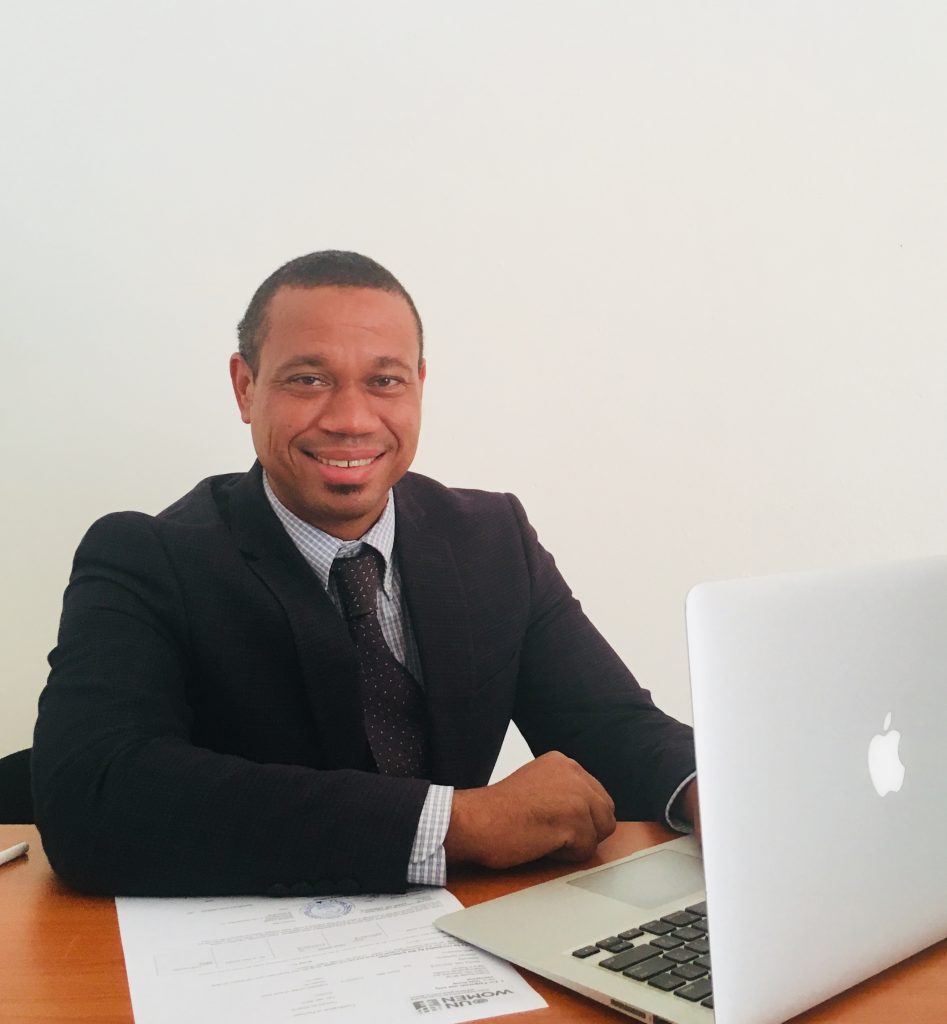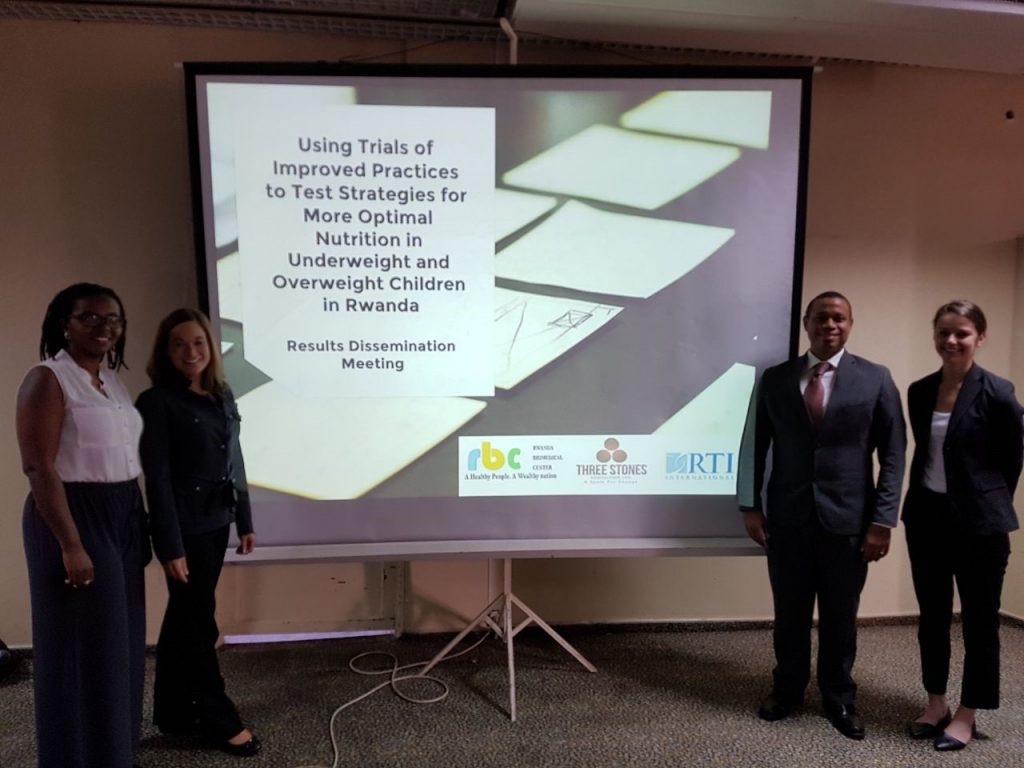From Vermont to Rwanda and beyond: A conversation with SIT alum Jesse Routte
July 23rd, 2018 | Careers, SIT Graduate Institute

Jesse Routte is a man with a plan. A lot of plans, actually.
Routte is the original force behind Three Stones Consulting, a Rwanda-based nonprofit that works to position NGOS for success in a country that itself represents a compelling success story.
“Rwanda is an incredible place to live and work,” said Routte, who grew up in Pennsylvania and got a BA in psychology at St. Olaf College in Minnesota before his first stint in Africa as a Peace Corps volunteer in Mozambique.
It was his experiences as an MA student at SIT — through coursework, faculty connections, and a practicum — that initially drew Routte to Rwanda. Although he was in SIT’s sustainable development program, which fostered his interest in monitoring and evaluation, he was also taking SIT courses in peace and conflict that featured Rwanda as a case study in peacebuilding and reconciliation.
When he got there to work on his practicum, exploring quality-of-life indicators for extremely impoverished communities, it had been two decades since the 1994 Rwandan genocide that shocked and paralyzed world leaders, and the country was in the process of repositioning itself on the global stage. “I’ve had the privilege of living and working here for some time, and I’ve seen a lot of changes,” Routte observed.
For example, Rwanda now bills itself as a tech hub. A January 2018 story on the website TechAbroad says that’s thanks in part to a government that is investing heavily in the knowledge-based economy. About 2,800 miles of fiberoptic cable have been laid and cell service is widely available in rural areas, according to the report. The country’s goal is to create more than 100 tech companies valued at $50 million by 2030.
For our conversation, Routte was speaking via Skype from Kigali while his old friend and new business partner Clifford Lubitz, a Vermonter, was on the line from Munich.
Routte said the tech investments put Rwanda’s companies and nonprofit organizations in a strong position, especially those in Kigali, which he described as a safe and well-designed capital city. “Rwanda is showing it has a lot to offer; a lot of companies are seeing opportunities here.”
Routte, too, found opportunity there. When he arrived, he noticed that many NGOs, especially the smaller ones, needed help with organizational development, strategy, evaluation, and logistics. In 2012, he started Three Stones Consulting and began working with local organizations that “helped me to increase my skills and build my profile through the work.”
With their expanded capacity, some of Routte’s clients were able to partner with international NGOs. “One of the organizations I worked with is now a direct recipient of USAID funding, which is a big accomplishment for a local organization. So, I do see a lot of progress,” he said.

Routte also began working with large NGOs. Today, the Clients and Partners page on the Three Stones website is a crazy quilt of logos including Peace Corps, Care, Catholic Relief Services, and Save the Children, as well as UN agencies and government donors.
With a core team still based in Kigali, including 10 coordinators there who conduct research, fieldwork, translation, and other services, Three Stones Consulting has expanded into neighboring countries and beyond and across a wide range of sectors, including health, education, agriculture, poverty, microfinance, and more. “In addition to Africa, we’re also looking for opportunities in Southeast Asia. We have a bit of a presence in Nepal and we have some work completed in Cambodia.”
Now, with Lubitz as a partner and director of strategy and programs, the organization has expanded into Three Stones International. Working with a database of 150 subject experts worldwide, in just seven months they have won 15 contracts in seven countries as a registered LLC in the United States.
“We don’t have a brick and mortar office in the US, and that allows us to be nimble and agile, and to keep our overhead low,” said Routte.
He laughs when he adds, “Cliff and I work constantly; we don’t sleep.” Given the evidence, he might not be joking.
Routte also keeps a close connection to his alma mater. He got together with SIT Graduate Institute Academic Dean Ken Williams when he was in Rwanda recently, and he and Lubitz gave a virtual presentation to an SIT monitoring and evaluation class in Brattleboro with Udi Butler, the new chairman of SIT’s Sustainable Development program.
“I’ve been trying to keep the relationships [with SIT] alive and I hope that in the future there will be other opportunities,” said Routte.
